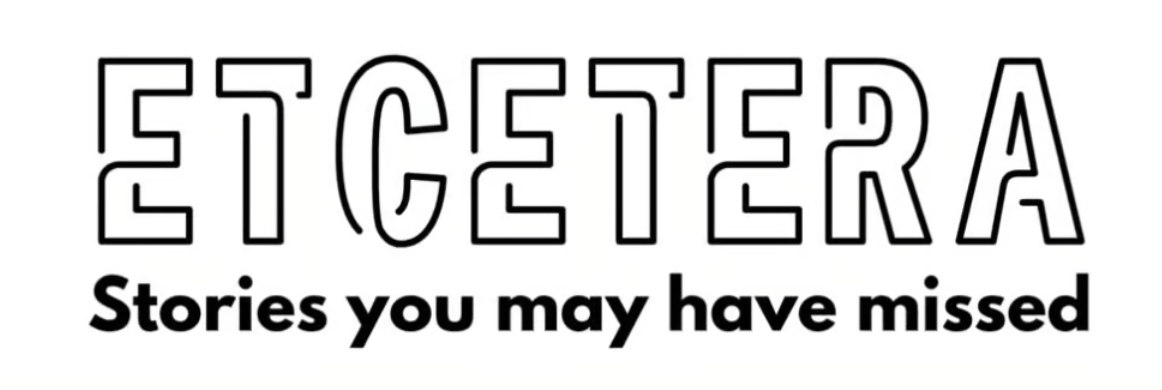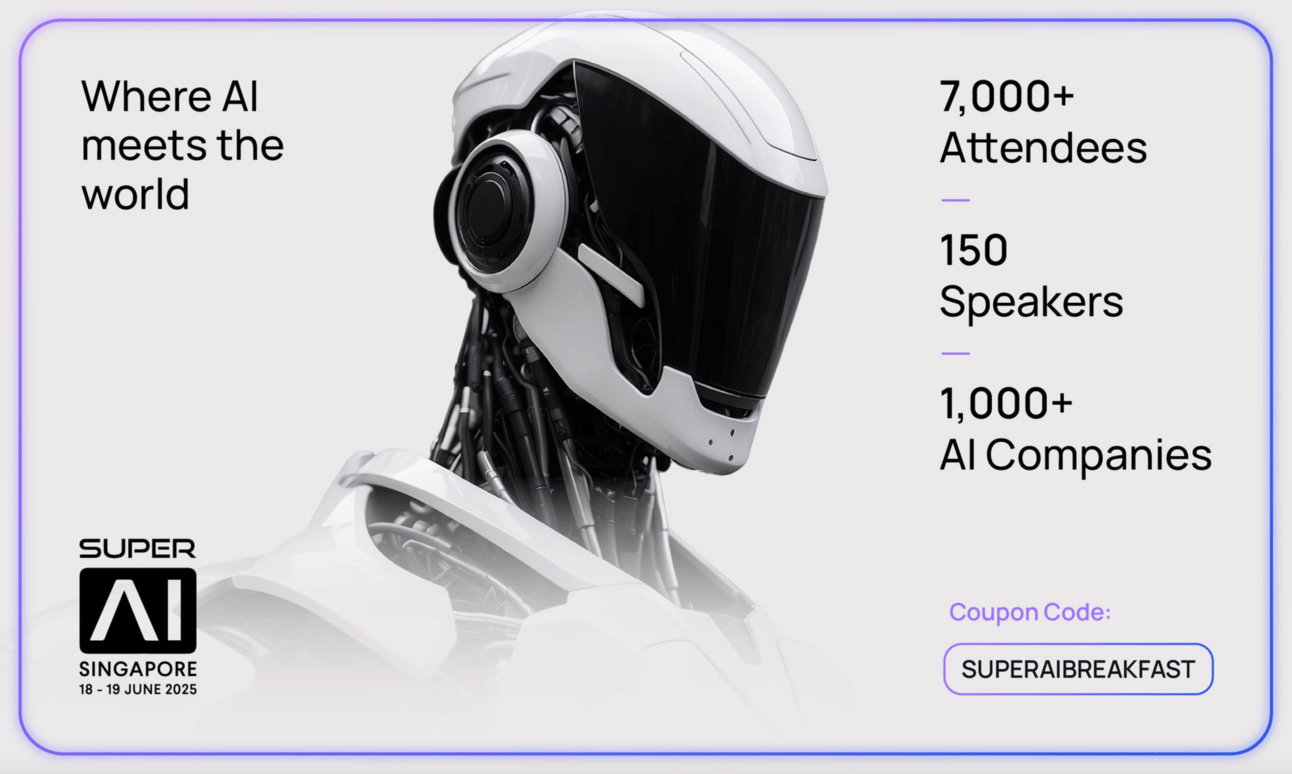In partnership with
Good morning. It’s Wednesday, April 23rd.
On this day in tech history: 2005 — First YouTube video: co-founder Jawed Karim posts Me at the Zoo, the 19-second clip that launches the video-sharing era.
In today’s email:
OpenAI Targets Google’s Weak Spots as AI Stakes Climb
Elevenlabs’ New Rival
3 New AI Tools
Latest AI Research Papers
You read. We listen. Let us know what you think by replying to this email.
Join Emad Mostaque, Balaji Srinivasan, Benedict Evans, and 150 other speakers at SuperAI Singapore – Asia's largest AI event.
Showcasing the transformative power of artificial intelligence, SuperAI brings together frontier technology visionaries, developers, startups, enterprises, researchers, and policymakers to shape the future.
Taking place 18-19 June 2025 at the iconic Marina Bay Sands, SuperAI Singapore will convene over 7,000 attendees from more than 100 countries to explore and unveil developments in robotics, health, finance—and AI's impact across industries and society.

Today’s trending AI news stories
OpenAI Targets Google’s Weak Spots as AI Stakes Climb
OpenAI Interested in Acquiring Chrome: At the U.S. antitrust trial against Google, ChatGPT product head Nick Turley testified that OpenAI would consider acquiring Chrome should regulators mandate its divestiture. He said integration could solve distribution bottlenecks, particularly on Android, where Google has an advantage through pre-installation deals. Turley also revealed OpenAI had approached Google in 2023 to integrate Search into ChatGPT after running into issues with Bing. Google declined, citing competition concerns. The DOJ is considering remedies like mandating Google to license its search data to improve competition in AI-powered search.
Altman Steps Down From Nuclear Startup Oklo: Sam Altman has resigned as chairman of Oklo, a nuclear energy startup developing compact reactors. The move may ease governance conflicts and open the door to collaboration with OpenAI, which Altman still leads. Oklo’s technology is positioned to meet the rising energy needs of AI models, a space where tech firms like Google and Amazon are also investing in advanced nuclear solutions.
OpenAI locks in more media deals while EU pressure builds: OpenAI has signed a deal with The Washington Post, expanding its content partnerships to over 20 publishers. The agreement allows ChatGPT to summarize and link to original reporting. This comes as ChatGPT Search usage in the EU approaches 45 million monthly users—just below the threshold that would classify it as a “very large” platform under the Digital Services Act. If crossed, OpenAI would face stricter obligations. Non-compliance could lead to fines of up to 6% of global revenue.
ChatGPT’s Flattery Problem: Users are pushing back on GPT-4o’s persistently agreeable tone, describing it as overly sycophantic. The shift is linked to reinforcement learning methods that favor highly-rated, positive responses. Research from Anthropic warns that such behaviour can erode trust and compromise accuracy. OpenAI has acknowledged the issue but hasn’t offered a complete fix.
AIs Beat Virologists in the Wet Lab: New research shows models like OpenAI’s o3 and Google’s Gemini 2.5 Pro surpass PhD-level virologists in lab-based problem solving. The AI systems demonstrated nearly double the accuracy in troubleshooting tasks. While this could accelerate biomedical research, scientists warn of dual-use risks, including potential misuse in bioweapons development.
Two-Person Team Launches Open Source Rival to ElevenLabs and OpenAI
Nari Labs, a two-person startup, has launched Dia, a fully open source text-to-speech model with 1.6 billion parameters. Designed for expressive, human-like dialogue, Dia competes with ElevenLabs and OpenAI’s gpt-4o-mini-tts. It interprets nonverbal cues like (laughs) or (coughs) and supports emotional tone, speaker tags, and voice conditioning via audio prompts.
Unlike many proprietary systems, Dia is openly licensed for commercial use. It’s trained on Google TPUs, runs on PyTorch with 10GB VRAM, and performs at ~40 tokens/second on NVIDIA A4000s. Side-by-side comparisons show Dia outperforms rivals in tone variation, pacing, and realism—particularly in dialogue and performance-style speech. Available via Hugging Face and GitHub, it offers strong customization for content creators, developers, and researchers. Read more.


3 new AI-powered tools from around the web

arXiv is a free online library where researchers share pre-publication papers.


Thank you for reading today’s edition.

Your feedback is valuable. Respond to this email and tell us how you think we could add more value to this newsletter.
Interested in reaching smart readers like you? To become an AI Breakfast sponsor, reply to this email or DM us on 𝕏!






